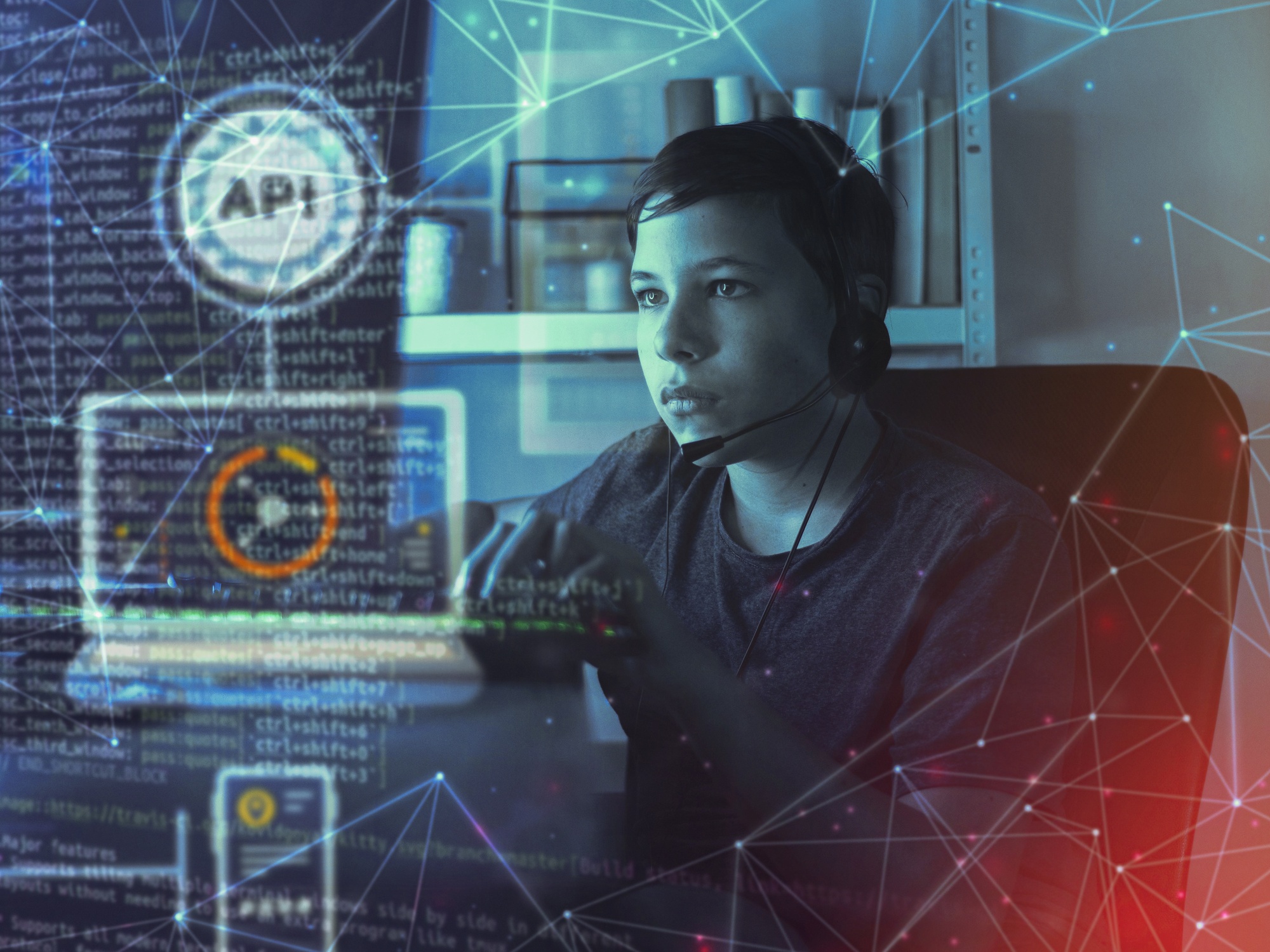How to Use AI Tools to Boost Your Social Media Strategy
AI Tools to Boost Your Social Media Strategy
Artificial Intelligence (AI) is revolutionizing the way businesses approach social media marketing. By leveraging AI tools, businesses can optimize content creation, automate tasks, enhance engagement, and gain deeper insights into their audience. Here’s a guide on how to effectively use AI tools to supercharge your social media strategy.
1. Content Creation and Curation
AI tools can help streamline content creation and curation, ensuring that your posts are engaging, relevant, and consistent.
- AI-Powered Content Generation: Tools like ChatGPT or Jasper.ai can assist in generating captions, blog posts, and even video scripts. These tools use natural language processing to create content that aligns with your brand voice and resonates with your audience. AI can generate multiple variations of text, making it easier to tailor your content for different social media platforms.
- Visual Content Creation: AI-based design tools such as Canva (with AI features) or Designhill use machine learning to suggest templates, color schemes, and layouts that are optimized for engagement. AI can even create images from scratch using tools like DALL·E or DeepAI.
- Content Curation: Tools like Curata and BuzzSumo leverage AI to recommend and curate relevant content from across the web. These tools help identify trending topics, articles, and media that can be shared with your audience, keeping your feed fresh and up-to-date.
2. Social Media Scheduling and Automation
AI can help automate time-consuming tasks like posting content, scheduling, and managing multiple social media accounts.
- Automated Posting and Scheduling: Tools like Buffer, Hootsuite, or Sprout Social allow you to schedule posts in advance and automate the distribution of content across multiple platforms. AI can determine the optimal times for posting based on your audience’s activity, helping to increase engagement.
- AI-Powered Social Media Management: Some platforms, like SocialBee and Agorapulse, use AI to suggest the best times to post, automatically categorize content, and even recommend hashtag strategies. These tools save time and ensure your posts go live at the most effective times.
3. AI-Driven Analytics and Insights
Data analysis is essential for understanding your audience and measuring the effectiveness of your campaigns. AI tools can simplify this process and provide deeper insights.
- Performance Analytics: Tools like Google Analytics, Hootsuite Insights, and Brandwatch use AI to analyze engagement, conversions, and trends across your social media channels. These platforms provide reports that go beyond basic metrics, helping you understand the sentiments, behaviors, and interests of your followers.
- Audience Insights: AI tools can help identify trends in your audience’s behavior, demographics, and interests. For example, Crimson Hexagon uses AI to analyze social media conversations and provide detailed insights into what your target audience is talking about. This helps in creating personalized, high-impact content.
- Social Listening: Tools like Sprinklr and Mention leverage AI for real-time social listening. They can track brand mentions, competitor activity, and market trends, providing valuable insights that can help shape your content and social media campaigns.
4. Chatbots and Customer Engagement
AI-driven chatbots are becoming an essential part of social media engagement. These tools automate conversations, providing immediate responses to customers’ inquiries.
- AI Chatbots: Platforms like ManyChat, MobileMonkey, and Chatfuel allow you to create automated chatbots for Facebook Messenger and Instagram. These bots can handle frequently asked questions, guide users to the right products, and provide support—all in real-time. Chatbots can also collect data about your audience’s preferences, making future interactions more personalized.
- 24/7 Customer Support: AI-powered chatbots ensure you can provide round-the-clock customer support, improving the user experience and maintaining a positive brand reputation. Bots can resolve issues, help with orders, and even collect feedback.
5. Personalization of Content and Ads
AI allows for the hyper-personalization of your content and advertisements, ensuring they reach the right people at the right time.
- Targeted Advertising: Platforms like Facebook Ads and Instagram Ads use AI to analyze user data and target specific segments of your audience. AI can predict which users are most likely to engage with your ad based on their past behavior and interests. This helps you run highly effective campaigns with better ROI.
- Personalized Recommendations: Tools like Dynamic Yield and Personyze use AI to personalize your content and product recommendations based on user behavior. For example, an AI tool might suggest specific products to customers based on their previous interactions with your website or social media posts.
- AI-Powered A/B Testing: Tools like VWO and Unbounce use AI to conduct smarter A/B tests on your social media ads. These tools automatically adjust campaigns based on real-time performance data, optimizing for better conversions.
6. Influencer Marketing
AI tools can help you identify, analyze, and manage influencer partnerships, ensuring you work with the right people to grow your brand.
- Influencer Discovery: Tools like Upfluence and Heepsy use AI to identify influencers who align with your brand values and target audience. AI can analyze an influencer’s audience demographics, engagement rates, and past campaigns to find the perfect fit for your brand.
- Campaign Performance Tracking: Once you’ve partnered with an influencer, AI tools can track the performance of the campaign. Platforms like Influencity use AI to monitor metrics like engagement, reach, and ROI, helping you measure the success of your influencer partnerships.
7. Social Media Monitoring and Sentiment Analysis
AI tools can analyze the tone and sentiment of social media conversations about your brand, allowing you to manage your reputation and respond to issues swiftly.
- Sentiment Analysis: Tools like MonkeyLearn and Lexalytics analyze the sentiment of social media posts and comments related to your brand. These tools can categorize mentions as positive, negative, or neutral, helping you understand public perception and take timely action if necessary.
- Brand Monitoring: AI tools like Talkwalker and Brandwatch monitor mentions of your brand across social platforms and the web. This allows you to keep track of your online reputation, engage with your audience, and address customer feedback in real time.
8. Visual Recognition and Image Analysis
AI-powered tools can analyze and categorize images and videos, helping you better understand how visual content performs on social media.
- Image Recognition: Platforms like Google Vision and Clarifai use AI to analyze images for specific content, objects, or people. This technology can help you optimize visual content by ensuring your images are relevant to your audience’s interests.
- Video Optimization: AI tools like Vidooly and Wibbitz use machine learning to analyze video content and optimize it for engagement. These tools can suggest the best length, format, and structure for videos based on what performs best within your target demographic.
9. Time and Resource Management
AI tools can help you save time and resources by automating repetitive tasks and optimizing your workflows.
- AI-Driven Content Calendar: Tools like CoSchedule and ContentCal can recommend the best content based on past performance and trends. AI can even suggest which content should be posted at which time to maximize reach and engagement.
- Resource Allocation: AI tools like Zoho Social can help allocate your marketing budget across different social media platforms based on performance data. This ensures you’re investing where it’s most effective.
Conclusion
AI tools offer significant advantages for optimizing social media strategies, from content creation and scheduling to customer engagement and analytics. By integrating these tools into your social media workflow, you can save time, enhance personalization, improve performance, and drive better results. Embrace AI to stay ahead of the curve in the fast-evolving world of digital marketing.





